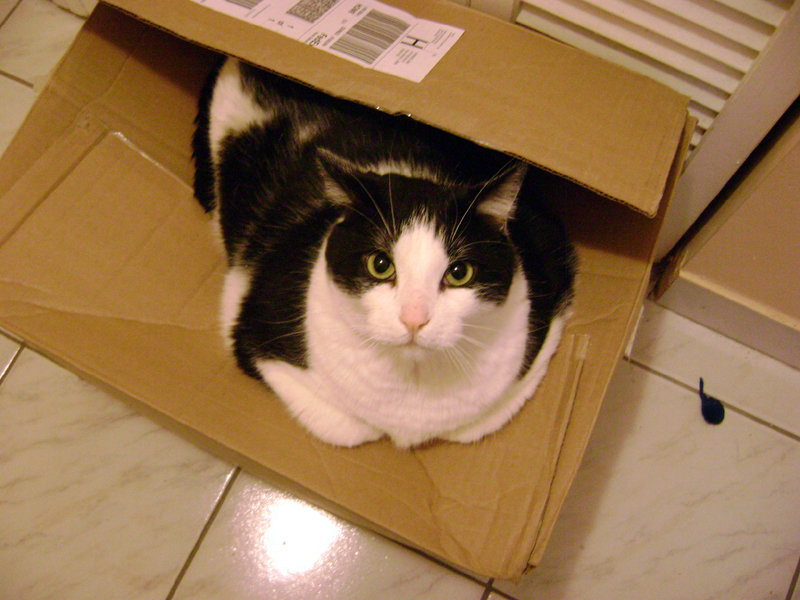- Joined
- Sep 10, 2013
- Messages
- 3
- Purraise
- 0
Hello everyone.
I have a 13 year old tuxedo cat that I have had since he was 5 months old. He has recently lost a lot of weight and weighs 14 pounds now. He will eat very little and is drinking once in awhile but I am trying to entice him to eat more. The MRI shows cloudy lungs but other than that he has no other issues. He will still lay with me and purr, he will meow sometimes but he's sleepy a lot. He shows no sign of pain, distress or breathing problems.
He's not interested in fresh meats, rice, veggies. I have even tried cooking some ground beef with butter for extra calories and not even a nibble. He's not interested in the AD critical care cat food formula with organ meats but will eat Friskies meat pieces that I have added a little water to. I know this is not the best food for him with cancer but I am not sure what else to feed him.
I have read of holistic approaches, he is not on any chemo but is taking .5 mg of prednisone a day. I would love to see him gain a little weight. I am not sure what else I can do to help him out and get him to eat.
Thank you in advance.
I have a 13 year old tuxedo cat that I have had since he was 5 months old. He has recently lost a lot of weight and weighs 14 pounds now. He will eat very little and is drinking once in awhile but I am trying to entice him to eat more. The MRI shows cloudy lungs but other than that he has no other issues. He will still lay with me and purr, he will meow sometimes but he's sleepy a lot. He shows no sign of pain, distress or breathing problems.
He's not interested in fresh meats, rice, veggies. I have even tried cooking some ground beef with butter for extra calories and not even a nibble. He's not interested in the AD critical care cat food formula with organ meats but will eat Friskies meat pieces that I have added a little water to. I know this is not the best food for him with cancer but I am not sure what else to feed him.
I have read of holistic approaches, he is not on any chemo but is taking .5 mg of prednisone a day. I would love to see him gain a little weight. I am not sure what else I can do to help him out and get him to eat.
Thank you in advance.




